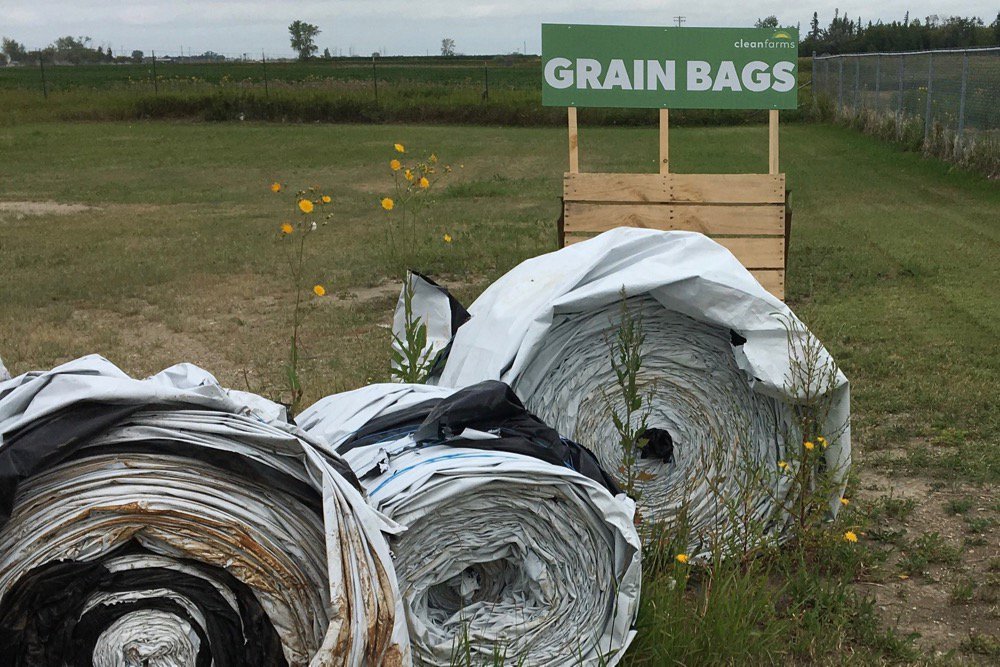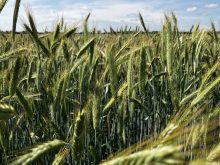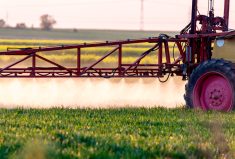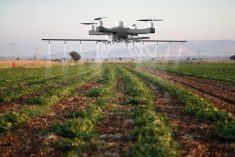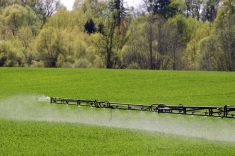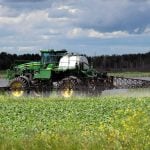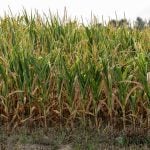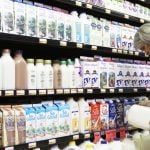The federal government’s plan to halt Canada’s consumption of single-use plastics such as shopping bags, straws and stir sticks over the next couple of years won’t extend to farm chemical containers and grain bags.
Cleanfarms, the national industry stewardship body operating waste management and recycling programs for agricultural packaging, said Thursday that plastic products such as grain bags and plastic chemical packaging including jugs and bags are “not on the list of single-use plastics targeted for bans.”
Prime Minister Justin Trudeau said Monday the federal government will ban certain single-use plastics “as early as 2021,” including plastic bags, straws, cutlery, plates and stir sticks, “where supported by scientific evidence and warranted.”
Read Also
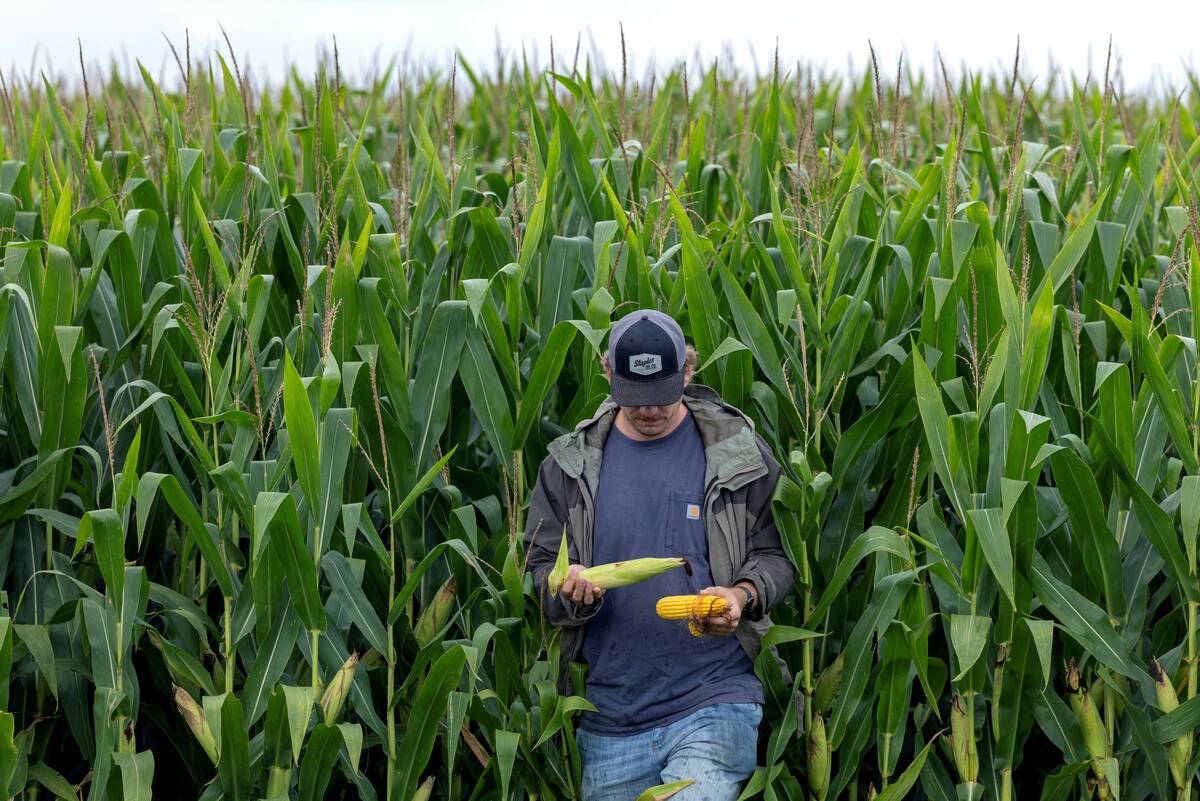
The U.S. corn crop could be the biggest ever. That’s terrible news for America’s farmers.
The USDA predicts a record corn crop for U.S. farmers, who question the agency’s accuracy amidst high debt and low crop prices.
The government said it will also “take other steps to reduce pollution from plastic products and packaging” and work with the provinces and territories to set standards and targets for companies that make plastic products or sell items packaged in plastics.
While farm plastics won’t be affected by bans, Cleanfarms general manager Barry Friesen said in a release, the ag industry could see increased regulations for such products through government industry responsibility programs.
“For example, in Saskatchewan, grain bag recycling is now required under a provincially-regulated industry stewardship program,” he said, referring to the environmental handling fee paid at point of purchase for such bags to cover recycling costs.
That fee, in place since last November, is 25 cents a kilogram, which amounts to about $31 on a nine-by-200-foot grain bag.
Governments’ efforts to reduce the amount of dumped plastics may mean “non-durable products and packaging that don’t currently have programs or that have low recycling recovery rates may be regulated down the road,” Friesen said.
Along with its Canada-wide programs to collect and recycle single-use pesticide and fertilizer containers and manage unwanted pesticides and old livestock medications, Cleanfarms today also operates seed and pesticide bag collection programs in Eastern Canada with pilots in Western Canada.
The organization was announced Tuesday as the successful operator for a three-year pilot in Alberta, collecting grain bags and twine for recycling.
The specific products, rules and regulations to be included in Ottawa’s plastics ban “will be determined following a state-of-the-science assessment on plastic pollution in the environment,” the government said Monday.
That assessment, already underway, is to include peer review and public consultations as well as “socio-economic considerations.”
Regulatory actions, the government said, could include requiring products to contain a set amount of recycled content, or to be “capable of being recycled or repaired.” — Glacier FarmMedia Network

